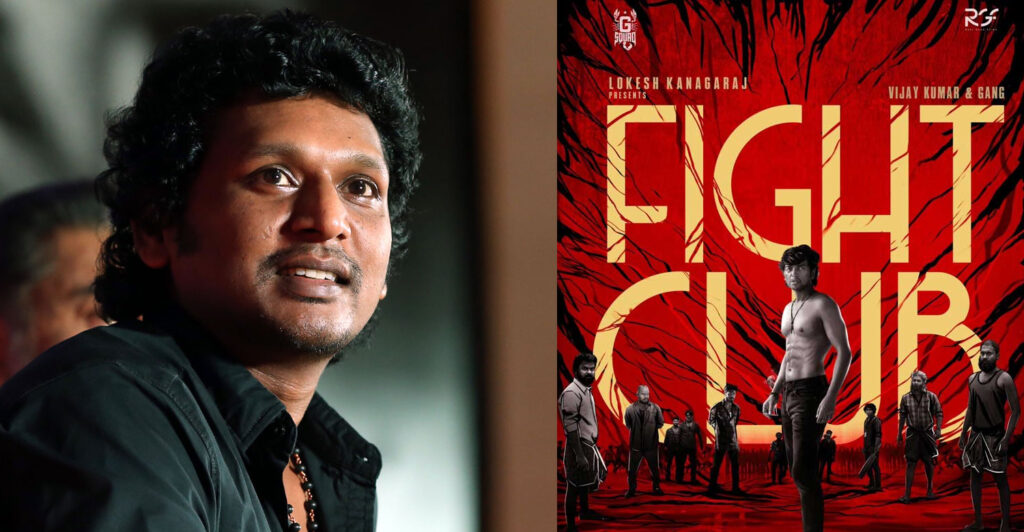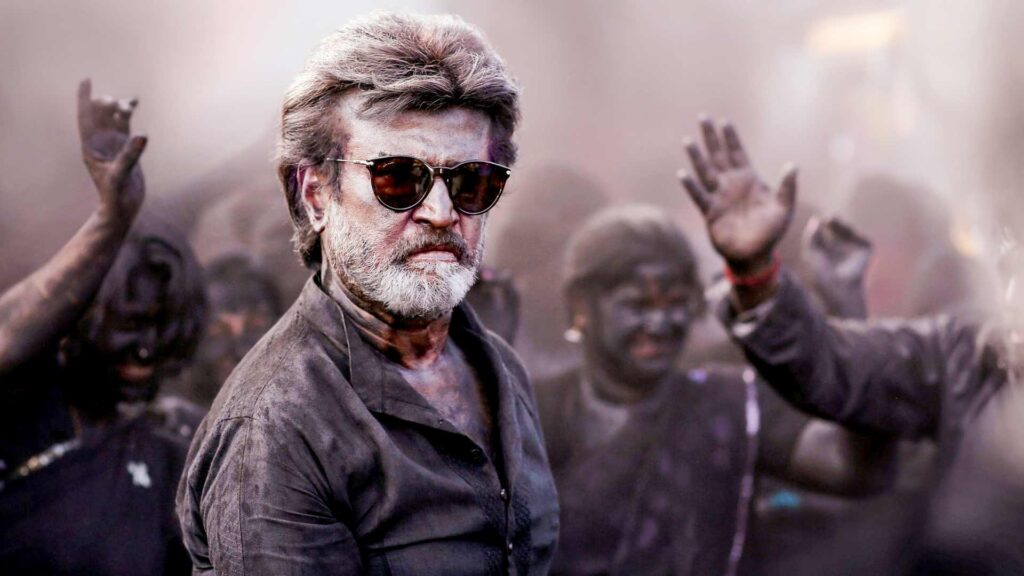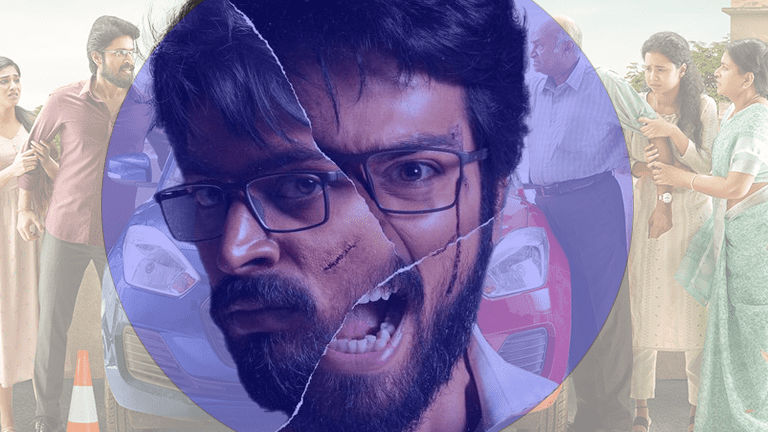Aspiring footballer gets entangled in a web of violent conflicts fueled by revenge and ambition. Can he escape the clutches of powerful individuals before it’s too late?
Debutant director Abbas A Rahmath’s Fight Club packs a punch with its raw action, gritty performances, and unique storytelling style. The film follows Selva, a young footballer caught in the crosshairs of a decades-old feud between local power players, forcing him to choose between his dreams and survival.
Abbas’s non-linear narrative keeps you on the edge of your seat, constantly shifting between present-day confrontations and flashbacks that reveal the roots of the conflict. This unsettling approach, aided by editor Kripakaran’s sharp cuts, is further amplified by Leon Britto’s raw visuals and Govind Vasantha’s genre-bending score.
The story, penned by Sasi, might tread familiar ground of a man lured down a dark path, but it’s the execution that sets Fight Club apart. Vijay Kumar delivers a nuanced performance as Selva, while Avinash Raghudevan and Shankar Thas bring intensity to their roles as the vengeful Joseph and ambitious Kiruba. The supporting cast, filled with fresh faces, adds authenticity to the film’s portrayal of a community struggling under the weight of violence.
Fight Club wears its influences proudly, from City of God to Subramaniapuram, seamlessly weaving pop culture references like Ilaiyaraaja’s iconic songs and Thalapathy into its narrative. The action sequences, reminiscent of Uriyadi, are brutal and exhilarating, but it’s the film’s exploration of the glorification of violence that truly resonates.
While the predictability of the story and the excessive violence in the first half might hold Fight Club back from reaching its full potential, it remains a compelling and well-crafted debut that announces the arrival of a promising filmmaker.



